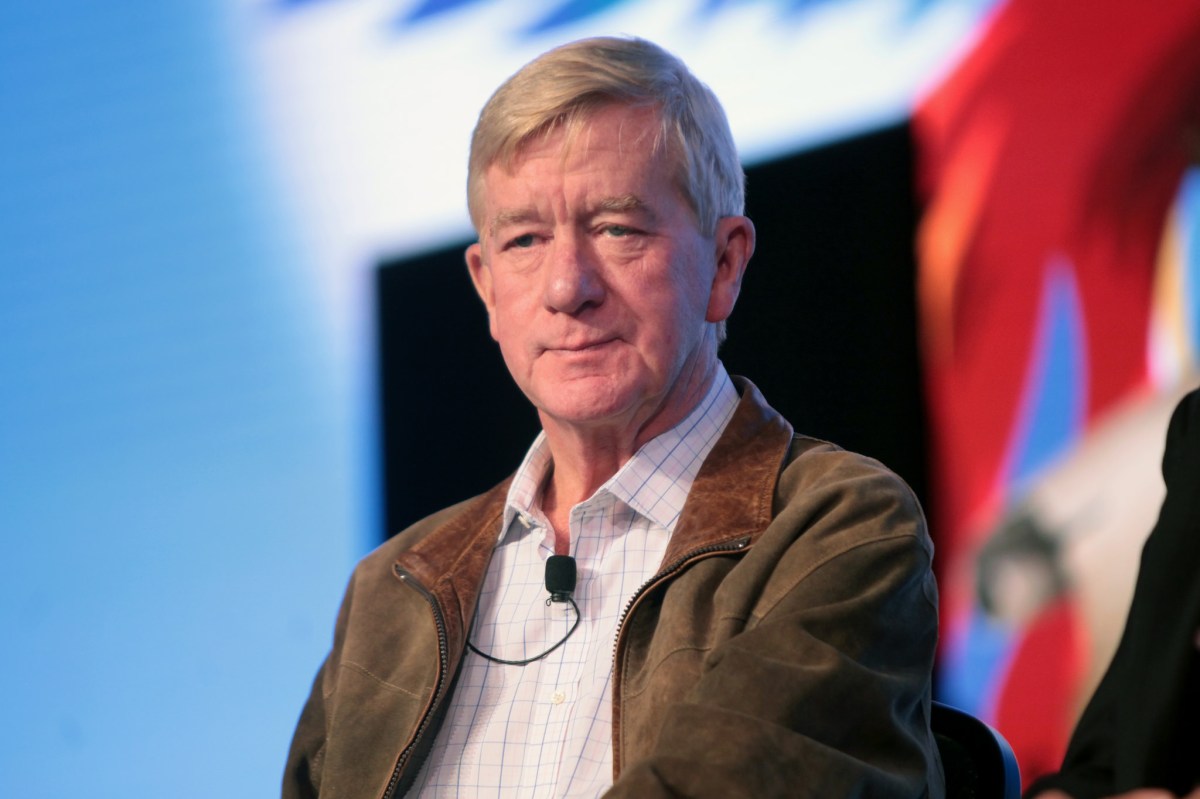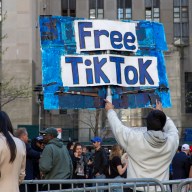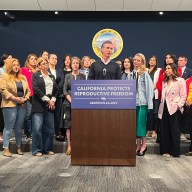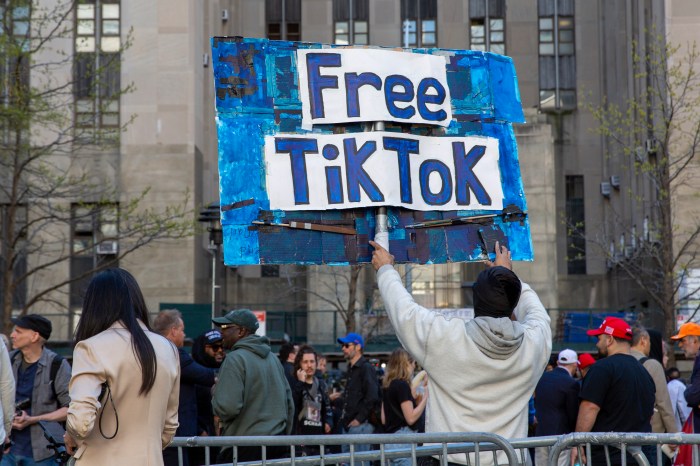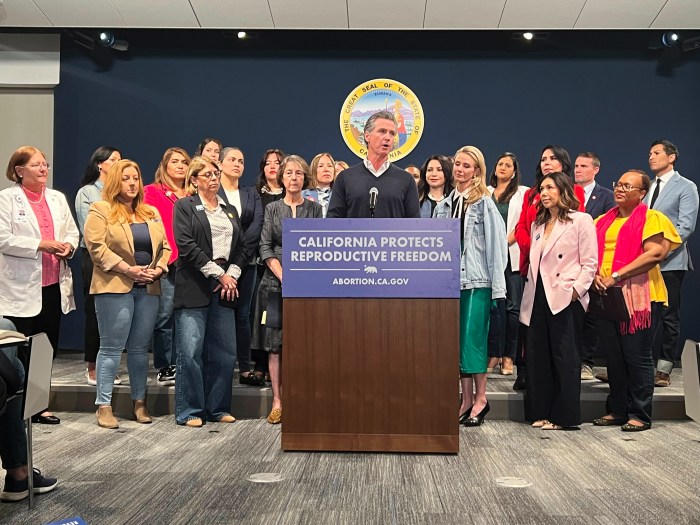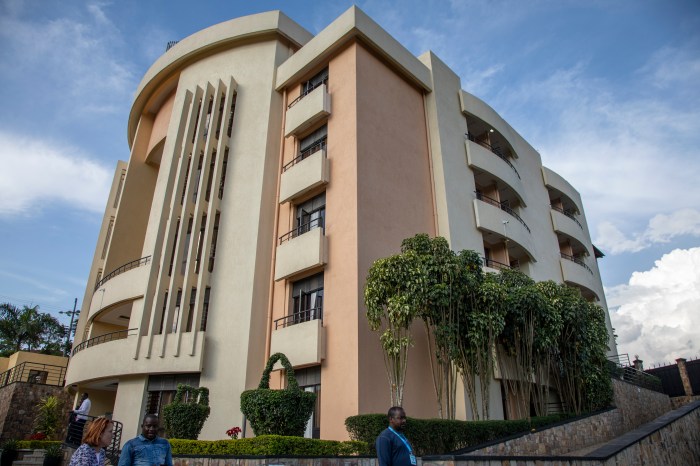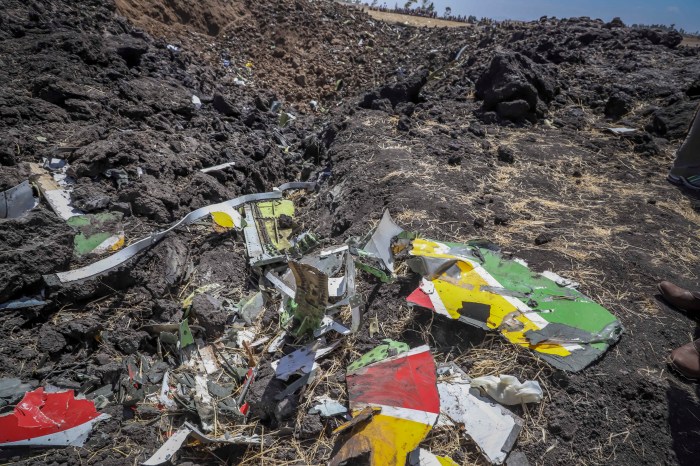Will the last East Coast politician to announce a 2020 presidential run please turn out the lights?
With former Massachusetts Gov. Bill Weld announcing on Friday that he would launch what seemed unthinkable a few months ago — a GOP primary challenge to President Trump — the nation’s incubator of political power shifted to a place that seemed equally unfathomable: Land of the East Coast elites.
Of the nine Democrats who have announced presidential runs so far, four are from the Mid-Atlantic and New England states, the highest concentration of any region: Sen. Elizabeth Warren of Massachusetts, Sen. Cory Booker of New Jersey, Sen. Kirsten Gillibrand of New York and Rep. John Delaney of Maryland. If former Vice President Joe Biden of Delaware throws his sizable chapeau into the ring, that’s Yahtzee. Or something.
And the East Coast is where all the farm-team action is, on a number of fronts: Rep. Alexandria Ocasio-Cortez (D-NY) is the star of the House freshman class, directing so much of the oxygen on Twitter that filmmaker Michael Moore called her the real leader of the Democratic Party. Rep. Ayanna Pressley (D-MA), who won a longshot midterm race to become the first female African-American House member from Massachusetts, is emerging as an MVP. Rep. Seth Moulton (D-MA) may also try for president. Rep. Conor Lamb (D-PA) narrowly won a special election for his solid-red seat in the spring, as such a skillful centrist that his campaign was held up as a template for the Democrats’ 2020 strategy; months later, he cruised to victory in a slightly redrawn district.
And then there’s the 57-billion-dollar gorilla: former NYC mayor Mike Bloomberg continues to hint that he’ll get into the race. (Trivia that may not be trivial: Former Starbucks CEO Howard Schultz, a longtime Seattleite who is considering an independent run for president, was born and raised in Brooklyn. Democratic superstar Beto O’Rourke rowed down the Hudson for Columbia University’s crew team.)
What happened? It was once conventional wisdom that a successful presidential campaign would have to spring from the heartland, showing no trace of mid-Atlantic diction. The crushing defeats of John Kerry and Michael Dukakis, iconic Massachusetts pols both, seemed to drive home that lesson for good.
Then Trump occurred. He upended conventional wisdom — and continues to do so on an hourly basis — proving, for good or for ill, seemingly against the laws of physics and logic, that a billionaire trustafarian New Yorker can become president by striking a chord with the Midwest working class.
That — and the backlash to Trump’s policies, and perhaps Elizabeth Warren‘s emergence as a folk hero — liberated coastal candidates to flip his script, speaking out for the working class on progressive terms. And the coasts are where the midterms’ blue wave hit first and hardest. All but one of New England’s states now have all-Democratic congressional delegations: Sen. Susan Collins (R-ME) is the last Republican standing and looks highly vulnerable in 2020. (California’s Orange County, long a Republican stronghold, likewise went nearly all-blue in November.)
But the emergence of Bill Weld as an unexpected GOP challenger shows yet another unintended consequence of Trump’s take-no-allies style. The president’s supporters have often praised him as a “street fighter.” Now he has brought the rumble to his own turf.
“He thinks he has to humiliate whoever he’s dealing with, or else he’s half a man,” said Weld of Trump on ABC’s “This Week” Sunday. “The emergency declaration is just one example of that. Congress thought they had a deal. He says, ‘Oh, you think you have a deal? I’m going to show you a deal. I’m going to show you who’s boss.’ It’s just no way to run a railroad.”

